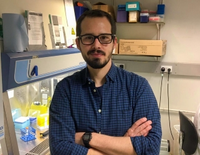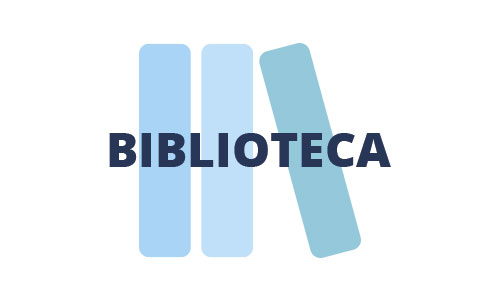Incorporación de nuevo investigador del Programa Ramón y Cajal
 1
/
1
1
/
1

Incorporación del Dr. José Manuel Jiménez Guardeño como investigador del Programa Ramón y Cajal.
After completing a degree in Biology [University of Málaga (UMA), 2008] and a Master’s degree in Molecular Biomedicine [Autonomous University of Madrid (UAM), 2010], José Manuel was awarded a competitive JAE-pre fellowship (CSIC) to carry out his PhD thesis at the National Centre for Biotechnology (Spain, CNB-CSIC) under the supervision of Prof. Luis Enjuanes. During this period, he was trained to work in Biosafety Level 3 (BSL-3) laboratories and animal facilities, and his research was aimed at understanding the molecular mechanisms that modulate the highly virulent SARS-CoV-1 immune-response and pathogenesis. Among other important achievements, his work here resulted in the characterization of the SARS-CoV-1 envelope protein as a new determinant of viral pathogenesis responsible for the deleterious exacerbated immune response triggered during SARS-CoV-1 infection and the development of a genetically stable live attenuated vaccine candidate against SARS-CoV-1. He graduated magna cum laude and received the Extraordinary PhD Award (UAM, 2015).
In September 2015, José Manuel joined Prof. Michael Malim’s lab at King’s College London (UK, KCL) as a Research Associate to study the interplay between type-1 interferon, which plays a key role in the innate immune response, and HIV-1, the etiologic agent of AIDS. The following year, he was awardedan EMBO Long-Term fellowship to support his research at the Department of Infectious Diseases. During this period, José Manuel established a siRNA-based screening pipeline for evaluating the effector activities of host-encoded interferon-stimulated genes on virus infection, leading to the identification of TRIM5a as a new potent anti-HIV-1 restriction factor. In September 2018, José Manuel was appointed Research Fellow to further study the immune responses to human pandemic viruses, including HIV-1, Influenza virus and highly pathogenic coronaviruses. Through his research, he made significant contributions, including the identification of new potential antiviral treatments against SARS-CoV-2 infection, a detailed description of the humoral immune response in SARS-CoV-2-infected patients and the molecular characterization of the MX2-mediated innate immune response against HIV-1.
In 2022, José Manuel was granted two different programmes to transition to an independent group leader position, the “Ramón y Cajal” programme and the EMERGIA Research Talent Recruitment Programme. As a result, he subsequently joined the Department of Microbiology at the UMA as a “Ramón y Cajal” researcher in January 2023. His research focuses on investigating the human innate immune response against different pathogenic viruses, including SARS-CoV-2 and HIV-1, and studying the mechanisms of viral immunopathology. The ultimate goal of the lab is to identify points of viral vulnerability that may help guide the development of novel antiviral strategies.








